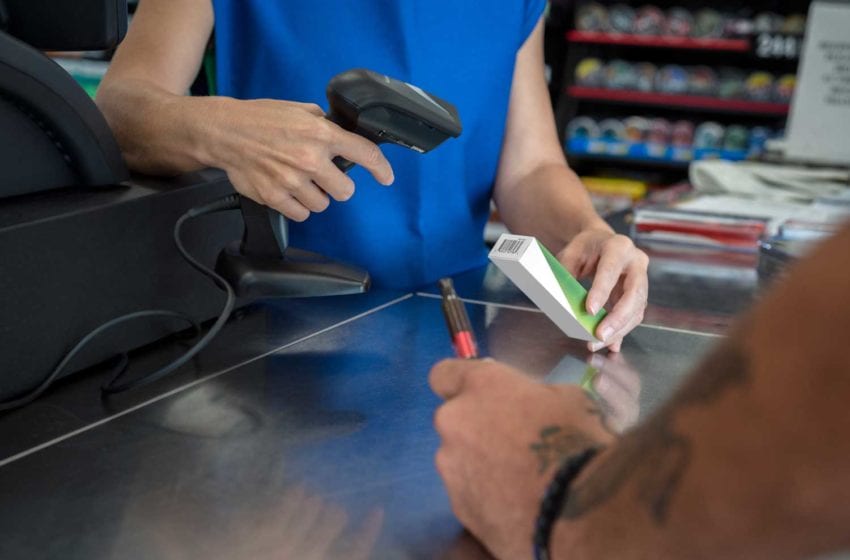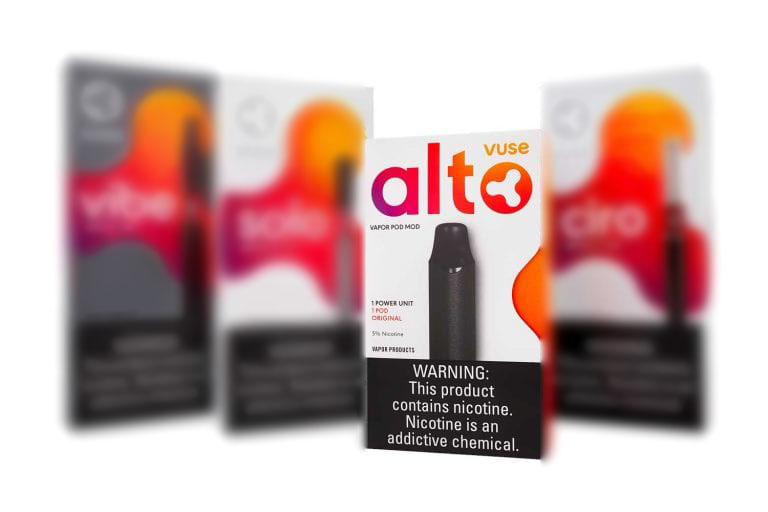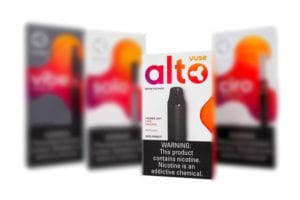
Healthier Choices Management Corp. sued RJ Reynolds Vapor Co. seeking royalties from sales of its Vuse Alto vape pens, chargers, and pre-filled liquid pods, alleging the products infringe a patent for vaping products.
Hollywood, Fla.-based HCMC said the British American Tobacco Plc’s subsidiary and its Vuse Alto products infringe US Patent No. 9,538,788, according to a complaint filed in the US District Court for the Middle District of North Carolina, according to Bloomberg.
The patent, which Bloomberg Law estimates will expire in July 2034, is among 16 HCMC owns that are related to its Q-Unit, Qwik-T, and Qwik-G heating devices, mouthpieces, and related vape hardware.








